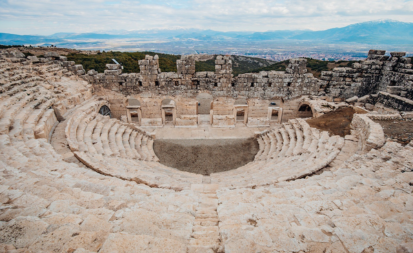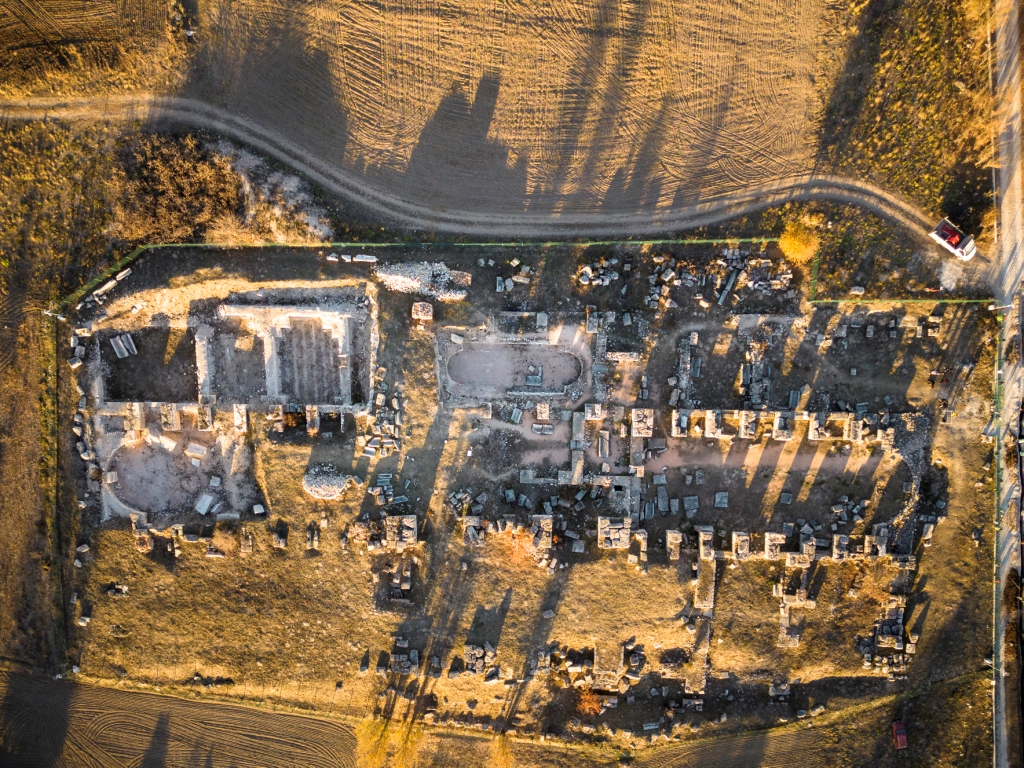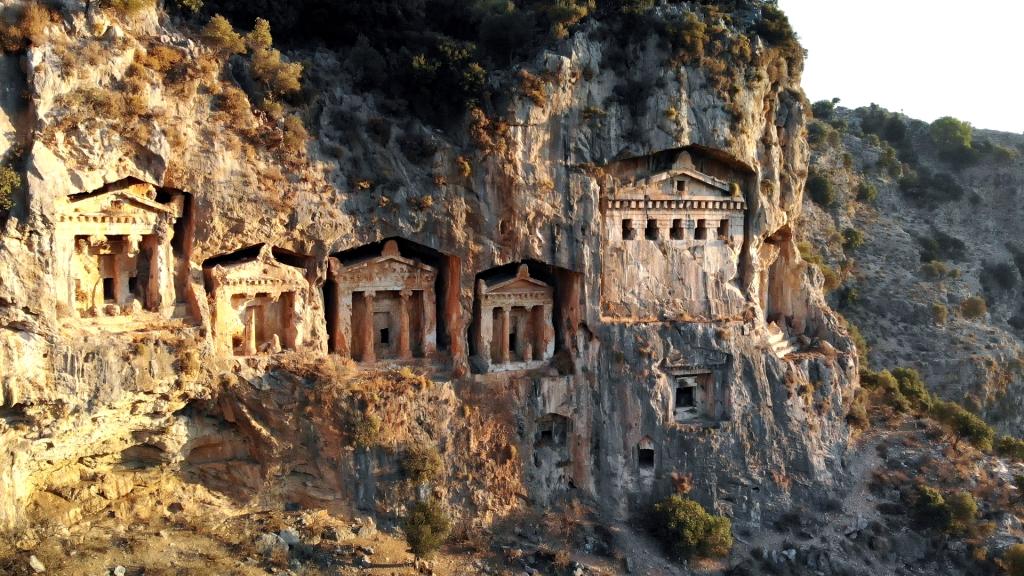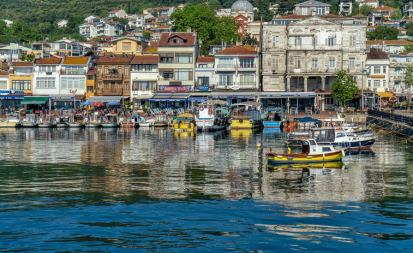UNESCO Heritage Sites in Türkiye That You Should Know Better
Türkiye is a real open-air museum of ancient treasures located in one of the world's most essential geographies, where the history of civilisation was written and shaped. The country has a fantastic wealth of heritage historical

Türkiye is a real open-air museum of ancient treasures located in one of the world’s most essential geographies, where the history of civilisation was written and shaped. The country has a fantastic wealth of heritage historical sites, with 21 on the UNESCO World Heritage List and 79 on the Tentative List, and, unsurprisingly, hundreds of thousands of cultural heritage enthusiasts visit every year. So, how much do you know about these fertile lands home to the mightiest kings of antiquity? Let’s look at some of Türkiye’s lesser-known archaeological treasures – riches to inspire your next adventure!


Treasure of the Inner Aegean: Aizanoi
Aizanoi, on the UNESCO World Heritage Tentative List, is a remarkable ancient site in Kütahya, in the Inner Aegean. As the principal settlement centre of the Aizanitis living in ancient Phrygia, Aizanoi became a wealthy and prominent city during the Roman period due to grain cultivation and wine and wool production. Aizanoi is home to the world’s first trade exchange building, the Macellum, and Anatolia’s best-preserved Temple of Zeus.
Don’t miss: In Kütahya, a part of the Phrygian Valley, there are numerous open-air temples and altars dedicated to the mother goddess Cybele, as well as rock-carved tombs. Visit these fantastic structures while you’re in the region.
Kaunos and Its Rock Tombs
Kaunos, an important port city of the ancient world, is among Türkiye’s most exciting ruins, with its rock tombs. On the UNESCO World Heritage Tentative List, Kaunos lost its port as silt filled the sea over time. Like Stratonikeia, Kaunos is in the Muğla province and accessible via a 10-minute boat ride from Dalyan. The Kaunos rock tombs, which can also be seen from Dalyan, were produced in the fourth century BC and used during the Roman period.
Don’t miss: Tour boats can bring you to İztuzu Beach, a true natural wonder where you can observe the Caretta caretta sea turtles. During the incubation and spawning periods of the Caretta carettas, human visitors are prohibited from the beach from evening to morning, as the beaches are reserved exclusively for sea turtles during this critical time.
Kibyra, with Water Flowing from an Ancient Fountain
Located in Burdur, the geography of ancient civilisations, Kibyra is among the region’s most important ancient cities, along with Sagalassos. Since 2016, the structures in Kibyra, on the UNESCO World Heritage Tentative List, have been planned symmetrically to offer unobstructed views. In addition, following a comprehensive restoration, Kibyra’s lovely 2,000-year-old monumental fountain once again flows with potable water. The city’s peak occurred during the Roman period. Its other noteworthy structures include a stadium with about 10,000 people, where gladiator fights occurred, and the Odeon, which features a unique Medusa mosaic.
Don’t miss Sagalassos, another stunning ancient city in Burdur, on the UNESCO World Heritage Tentative List. It is well worth a visit to bask in its 5,000 years of history and see the Antonine Fountain. Also worth visiting is Salda Lake, a natural wonder of the province with a white sandy beach.
Grid-Planned City of Priene
Dating from 2000 BC, the ancient city of Priene is near the town of Güllübahçe, in Aydın. Built by the grid layout developed by the Miletian architect Hippodamus, Priene, on the UNESCO World Heritage Tentative List, it is considered among the finest examples of ancient urban planning. Ruled by kingdoms such as the Seleucid and Pergamum during the Hellenistic period, Priene was annexed to Rome after the death of the Pergamum king, Attalus II. The city served as a bishopric during the Eastern Roman era and was completely abandoned at the end of the period.
Don’t miss: After Priene, you can visit Kuşadası and enjoy a blue cruise in an area that, for most of the year, is warm enough for swimming.
—-
 English
English French
French German
German Italian
Italian




